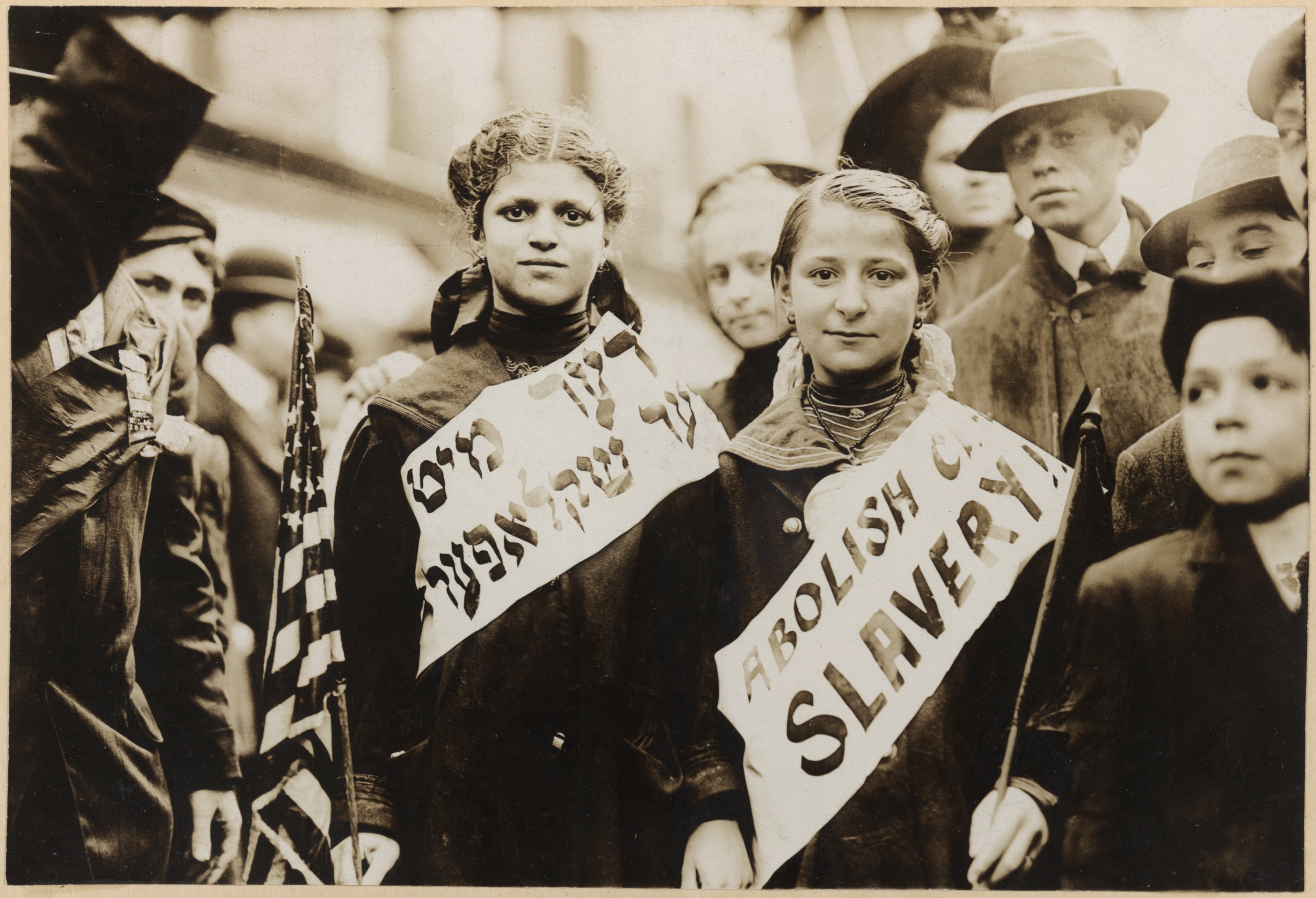
Last week at my Torah study group, I had a heated discussion with a peer in which I passionately played devil’s advocate. The two of us began with the topic of whether the Jews have ever violently shoved religion down others’ throats, and it ended with discussions of Zionism and Native Americans. In the middle of it all we discussed the merits of communism vs. capitalism. It was one thing for me to argue in favor of communism, but I was shocked when I, as someone that defines himself as a Zionist, found myself arguing in favor of the Palestinians. Okay, maybe not in favor of them, but more in favor of being open-minded and understanding that things aren’t black and white and the situation sucks for them too. My opponent told me that I was just being politically correct, but I was really only trying to break out of my nature by looking at others as human too. In a world in which humans are separated into groups, its so easy for us to look at those that aren’t within our own groups and disregard them, at times even disregarding them as human. As Jews, having been on the outside for centuries, we know firsthand what comes from this dehumanization. It is because we are so often the common victims of this, that I find it interesting that in this week’s Torah portion, Vayigash, we find the Jews being the culprit of acts of dehumanization.
In many ways, Vayigash is a heartwarming story; brothers are reunited, a father finds his lost son, and the house of Jacob is rising up in society. However, not everything can be as happy as it seems. Sometimes, I need to point an accusatory finger out our ancestors, and this week’s target is Joseph. Yes, Joseph may seem like the hero of the land, arranging for the storage of grain in order to feed people during a famine, but by the end of Vayigash we learn that he is charging the Egyptians for this food. He isn’t just charging them, he’s charging exorbitant prices, taking first all their money then eventually, when they have nothing left, their bodies. How about that for the ultimate irony–Joseph is the one that institutes slavery in Egypt! Joseph’s treatment of the Egyptians is actually not that terrible; the end result appears, at least within the text, to be some form of feudal serfdom with a one-fifth tax. That isn’t a huge problem in my eyes, however. My issue with Joseph is that he behaves in a completely utilitarian manner. Joseph has the opportunity to feed these people, but he decides to treat them as tools for the betterment of the state rather than as humans in need. On top of this, he gives preferential treatment to his own family, not charging them for their food and settling them in an area that is perfect for their careers as herders.
The Torah doesn’t just tell us stories, it doesn’t just leave us with “Joseph was an inhuman tyrant,” rather it teaches us a lesson. This is the second to last parsha of the book of Genesis. It might end with the Egyptians being treated as less than human, but guess what comes next? That’s right, the Jews are enslaved, and this isn’t a simple serfdom with a one-fifth tax levy. This is hard labor, building pyramids. When Joseph, an outsider and a Hebrew, was put in charge he didn’t treat the Egyptians as humans, he treated them as objects to gain labor and wealth from. It comes as no surprise that the Egyptians, once given the opportunity, would do the same to Joseph and his family. When we objectify others, we might think of it as harmless, but in truth it can lead to us thinking of them as less than human, and thus we will treat them as less than human. It isn’t just in this story, it’s this frame of mind that can be pinpointed as the cause of so many of the worst crimes throughout history. This dehumanization justifies, in the mind of the culprit, crimes such as slavery and even genocide.
Today, we are aware of this as an issue. We’ve seen the crimes committed, and we openly express awareness that it’s wrong. Joseph was a great man, he really did save the people from the famine, and he was likely unaware of his dehumanization of the Egyptians. To a lesser extent I think we all do this. When you’re sitting in class checking out an attractive classmate, are you looking at them as a human or an object? Do you have a friend that you only call up when you need a place to hang out, or help picking something up from a store? As a member of a fraternity or sorority, do you look at those that aren’t members as less worthy of your company? How do you view people of different political beliefs? Do you acknowledge someone’s opinion as valid, or do you look down on them as ignorant and pray they don’t vote? Last week I was arguing that my peer was not treating the Palestinians as human, but I don’t think he meant to. I’ll admit, when discussing the Israel/Palestine issue, I too have a tendency to speak of the Palestinians as one large entity, not acknowledging that these are human beings we’re talking about, and I’ve heard people on the other side speaking in a similar fashion about Israelis. I think we can all agree that both sides are wrong in doing so. I also would go so far as to say that if we can change the way we look at one another, both on an individual level or from a group perspective, we can change the way the world works, and one day start to fix these issues we have with one another.
David Gutbezahl is a recent graduate of Ramapo College.
